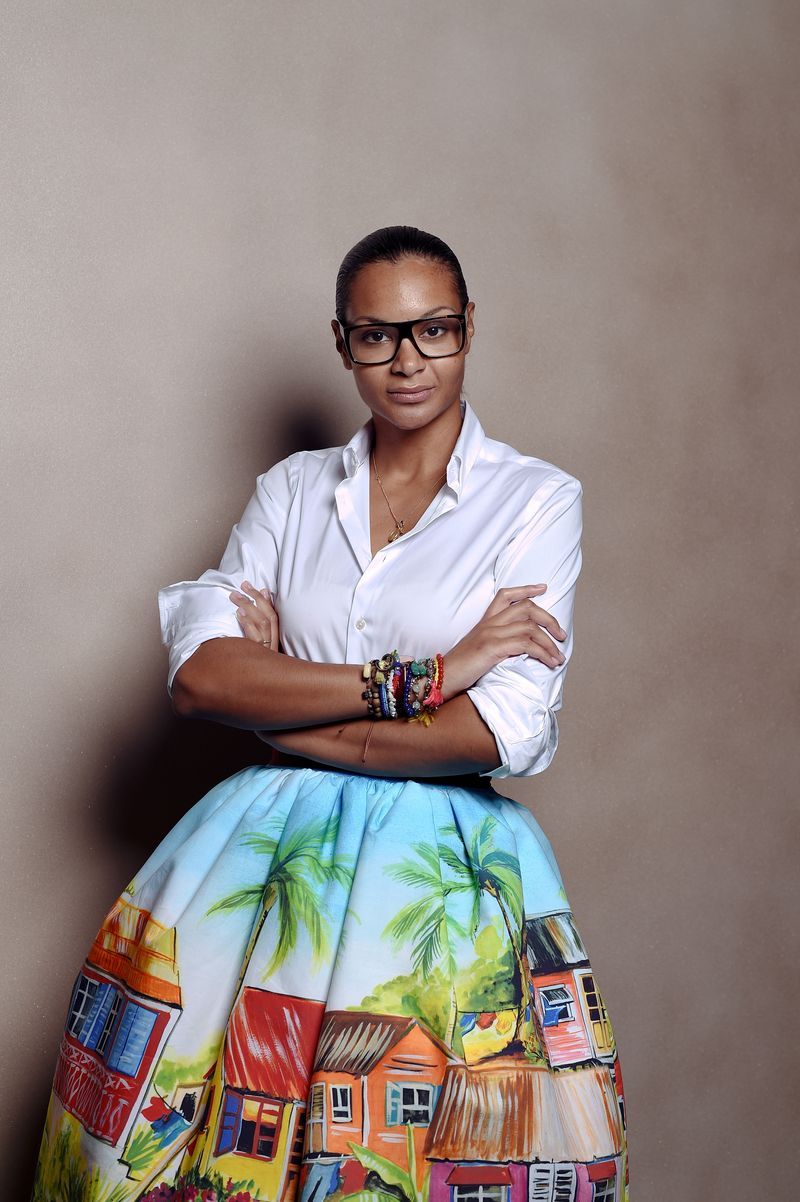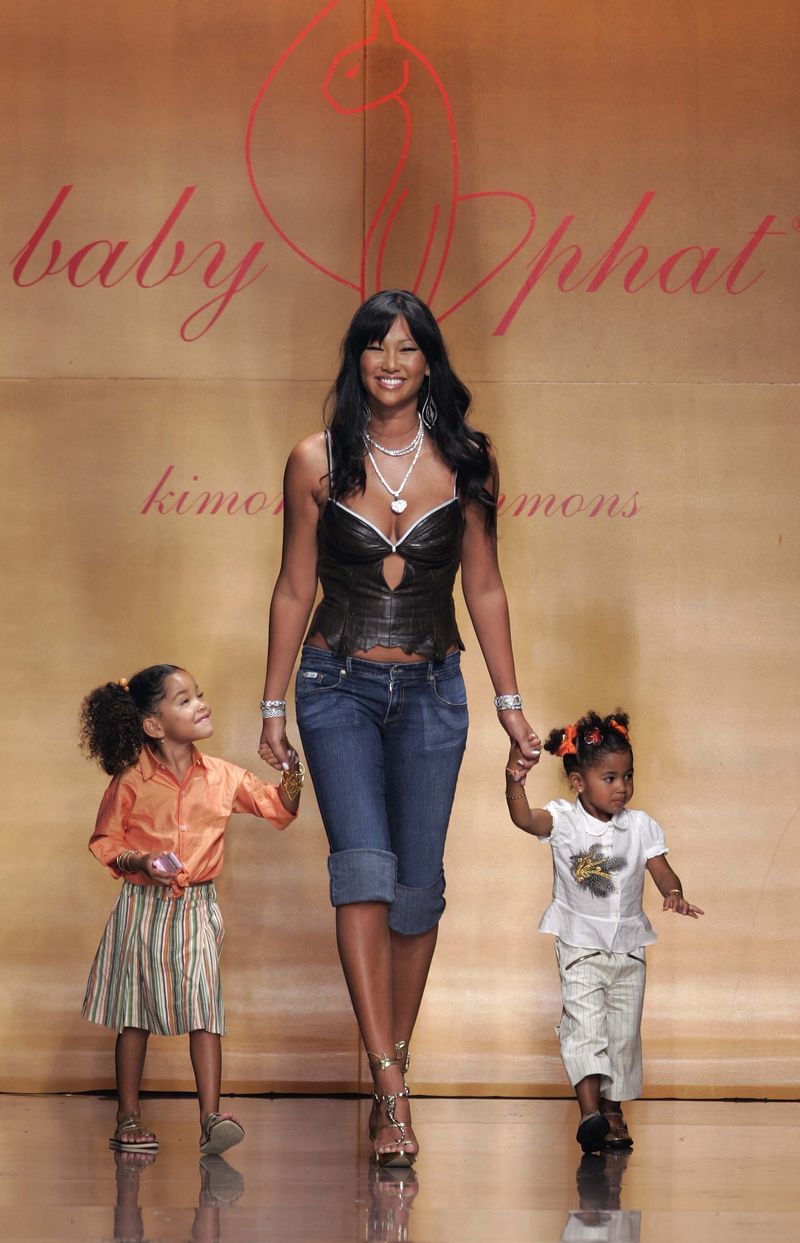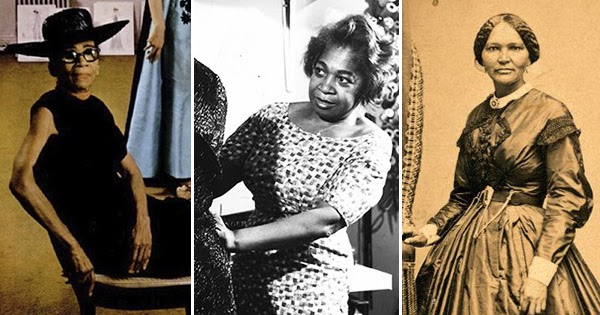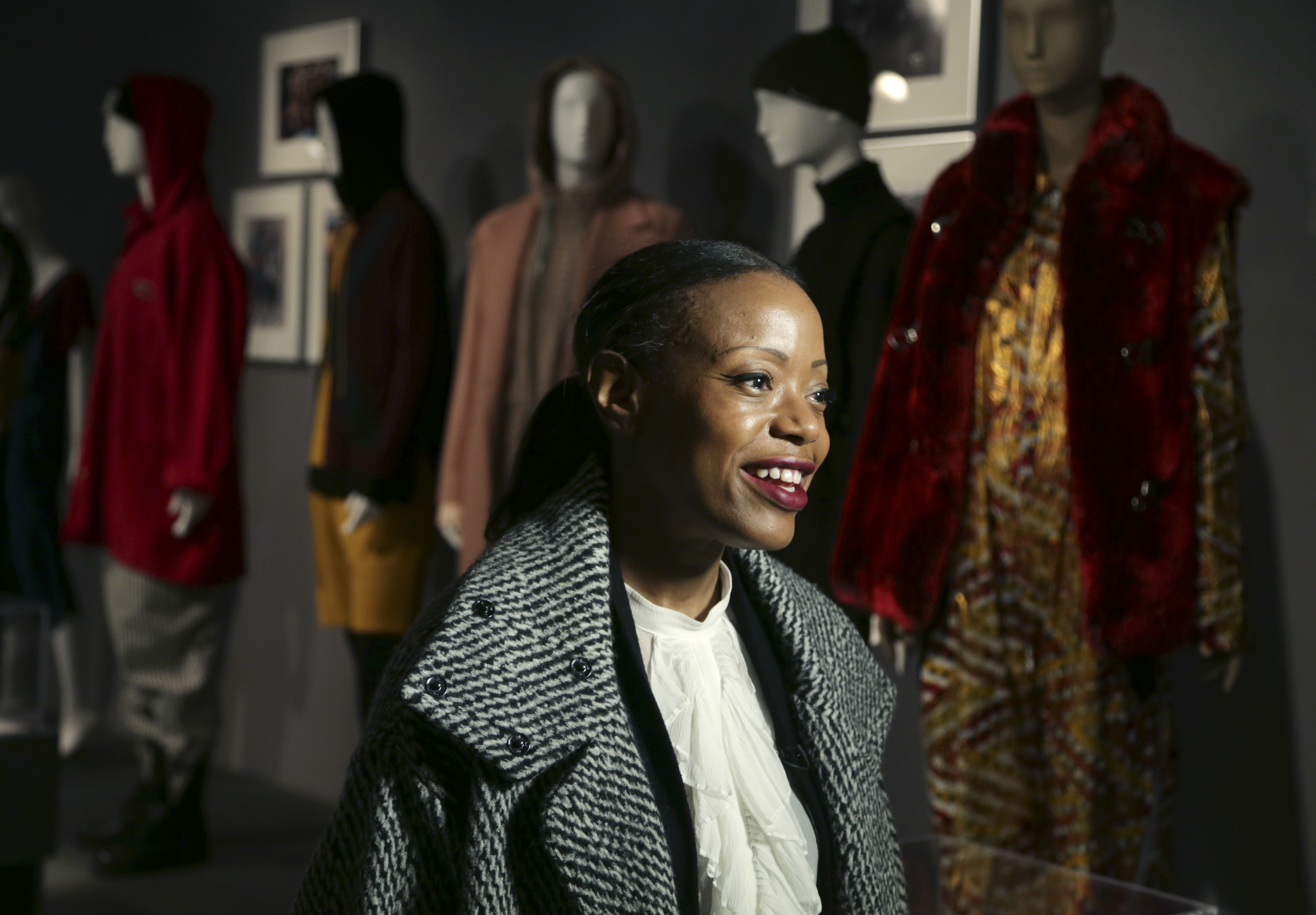A Legacy of Style: Black Women Fashion Designers in History
Related Articles: A Legacy of Style: Black Women Fashion Designers in History
Introduction
In this auspicious occasion, we are delighted to delve into the intriguing topic related to A Legacy of Style: Black Women Fashion Designers in History. Let’s weave interesting information and offer fresh perspectives to the readers.
Table of Content
A Legacy of Style: Black Women Fashion Designers in History

The history of fashion is inextricably linked to the stories of Black women, whose creativity, resilience, and unwavering sense of style have shaped the industry’s evolution. From the intricate designs of enslaved seamstresses to the modern-day fashion houses led by Black women, their contributions have been both profound and enduring. This article explores the historical journey of Black women fashion designers, highlighting their impact on the industry and their ongoing legacy.
Early Beginnings: The Unsung Heroines
The history of Black women in fashion predates the formal recognition of the profession. During slavery, enslaved Black women often served as seamstresses and tailors, crafting clothing for themselves and their families. Their skills were honed through necessity, their artistry born out of a desire for self-expression and a longing for beauty amidst hardship.
One notable example is Elizabeth Freeman, also known as "Mum Bett," a formerly enslaved woman who, in 1781, won her freedom in a landmark court case. Though not a fashion designer in the modern sense, her story embodies the resourcefulness and creativity of Black women during this period. She was known for her sewing skills and for creating clothing for herself and others.
The Rise of Black-Owned Businesses
The late 19th and early 20th centuries saw the emergence of Black-owned businesses, including dressmaking establishments and fashion houses. These businesses provided opportunities for Black women to showcase their talent and entrepreneurial spirit.
Ann Lowe (1898-1981) stands out as a pioneer in this era. A highly skilled dressmaker, she gained recognition for her exquisite designs, including the wedding gown worn by Ann Eisenhower at the White House in 1953. Though she faced racial discrimination, Lowe persevered, building a successful business and leaving an indelible mark on American fashion history.
The Civil Rights Era and Beyond: A New Wave of Designers
The Civil Rights Movement of the 1960s ushered in a new era of cultural and social change, which also impacted the fashion industry. Black women designers emerged as powerful voices, challenging the status quo and using fashion as a platform for self-expression and social commentary.
Ann Cole (1932-2011) was a trailblazer who established her own fashion house in the 1950s. She was known for her elegant designs, often featuring vibrant colors and bold patterns, which resonated with a growing Black middle class. Cole also championed the use of African fabrics and prints, highlighting the beauty and richness of Black cultural heritage.
The 1970s and 1980s saw the rise of a new generation of Black women designers, including:
- Zelda Wynn Valdes (1905-2008), who founded the first Black-owned fashion house in Harlem in the 1930s and became known for her elegant and sophisticated designs.
- B. Michael (born 1946), a pioneer in the world of menswear, who challenged racial barriers in the industry and established a successful career designing for celebrities and athletes.
- Patrick Kelly (1954-1990), a self-taught designer who rose to fame in the 1980s, known for his playful and vibrant designs that celebrated Black culture and femininity.
The Modern Era: Breaking Barriers and Defining Trends
The late 20th and 21st centuries have witnessed a surge in the prominence of Black women fashion designers, who are now shaping the global fashion landscape. They have challenged stereotypes, redefined beauty standards, and created a space for Black voices and experiences within the industry.
Notable figures in this modern era include:
- Tracy Reese (born 1968), a designer known for her whimsical and feminine designs, who has consistently challenged the idea of what it means to be a "Black designer" by creating a brand that appeals to a diverse clientele.
- Daymond John (born 1969), a successful entrepreneur and fashion designer who founded the clothing brand FUBU, which gained popularity for its urban streetwear aesthetic and its focus on Black empowerment.
- Kerby Jean-Raymond (born 1989), the founder of Pyer Moss, a fashion house known for its innovative and socially conscious designs that explore themes of race, class, and identity.
- Anya Hindmarch (born 1971), a British designer known for her playful and functional handbags, who has spoken out against racism and discrimination in the industry and has used her platform to promote diversity and inclusion.
The Importance of Black Women Fashion Designers
The contributions of Black women fashion designers extend beyond their aesthetic brilliance. They have played a crucial role in:
- Challenging racial stereotypes and promoting diversity: By showcasing their unique perspectives and experiences, they have broadened the definition of beauty and fashion, creating a more inclusive and representative industry.
- Empowering Black communities: Their success has inspired and uplifted generations of Black women and girls, demonstrating that they can achieve their dreams and make a significant impact in the world.
- Elevating Black culture and heritage: Their designs often incorporate elements of African art, music, and history, celebrating Black identity and bringing attention to the richness of Black culture.
FAQs: Black Women Fashion Designers in History
1. What challenges did Black women fashion designers face throughout history?
Black women fashion designers have faced numerous challenges throughout history, including racial discrimination, limited access to resources, and a lack of representation in mainstream media. These challenges often prevented them from receiving the recognition and opportunities they deserved.
2. How have Black women fashion designers contributed to the evolution of fashion?
Black women fashion designers have played a vital role in shaping the evolution of fashion by challenging conventions, introducing new aesthetics, and championing diversity and inclusion. They have brought a fresh perspective to the industry, expanding its boundaries and enriching its cultural landscape.
3. What are some of the key themes explored in the designs of Black women fashion designers?
Black women fashion designers often explore themes of identity, heritage, empowerment, and social justice in their work. They use fashion as a medium to express their unique experiences, celebrate their culture, and advocate for change.
4. What are some of the ways Black women fashion designers are making a difference in the industry today?
Black women fashion designers are making a difference in the industry today by using their platforms to promote diversity and inclusion, championing sustainable practices, and advocating for social justice. They are also inspiring a new generation of designers and empowering them to pursue their dreams.
Tips for Aspiring Black Women Fashion Designers
- Develop a strong sense of personal style: Your unique vision and perspective will be your greatest asset.
- Network and build relationships: Connect with other designers, mentors, and industry professionals.
- Embrace your cultural heritage: Let your background and experiences inform your designs.
- Stay informed about industry trends: Keep up with the latest fashion news and developments.
- Be persistent and resilient: The fashion industry is competitive, but your passion and determination will help you overcome challenges.
Conclusion
The history of Black women fashion designers is a testament to their creativity, resilience, and unwavering spirit. They have overcome countless obstacles to make their mark on the industry, leaving an enduring legacy of style, innovation, and social change. Their contributions have enriched the world of fashion, inspiring generations of designers and reminding us of the power of art and expression to challenge the status quo and create a more equitable and inclusive world. As we continue to celebrate their achievements, it is crucial to acknowledge their ongoing impact and to support the next generation of Black women fashion designers who are poised to shape the future of the industry.








Closure
Thus, we hope this article has provided valuable insights into A Legacy of Style: Black Women Fashion Designers in History. We hope you find this article informative and beneficial. See you in our next article!